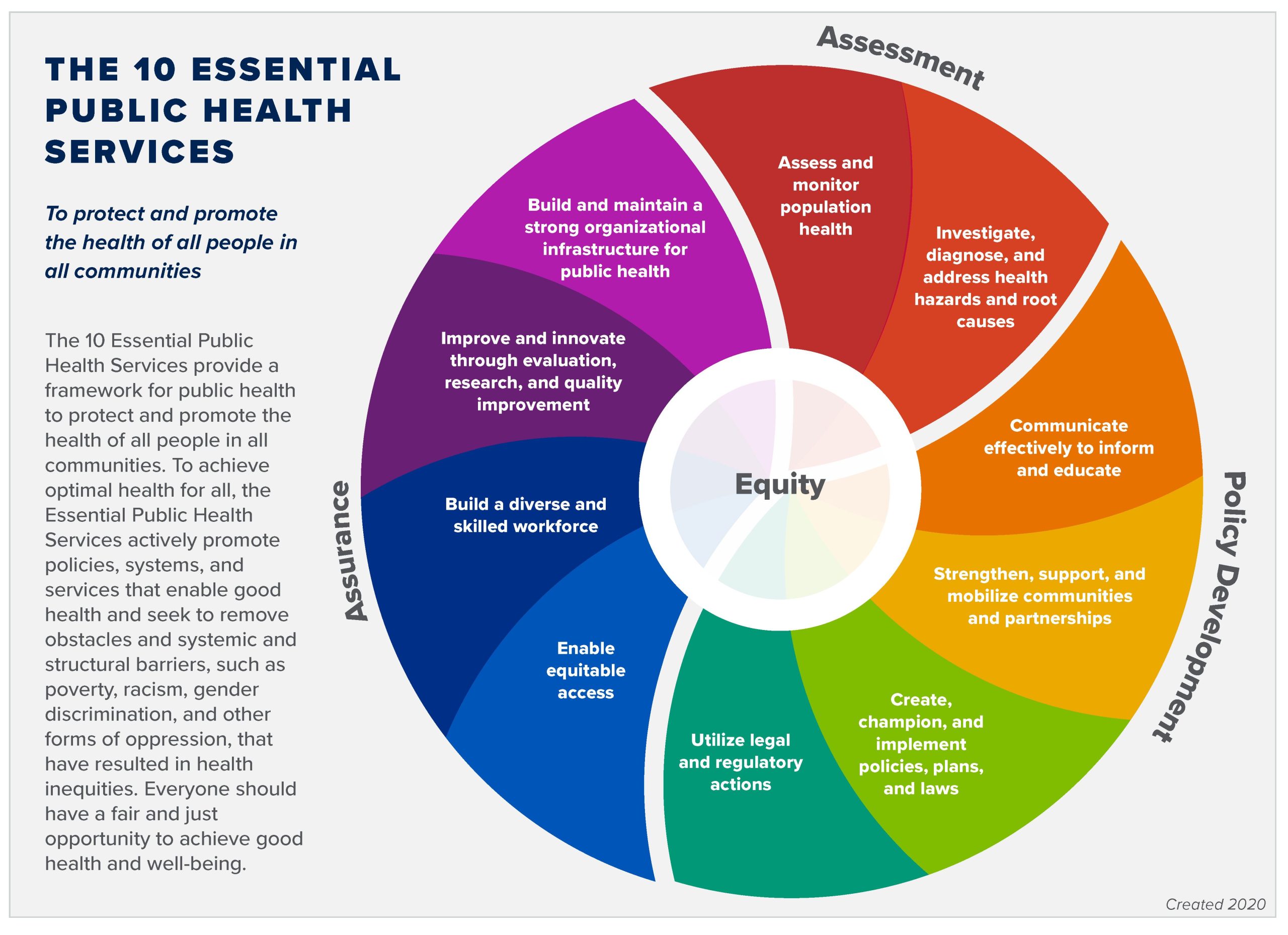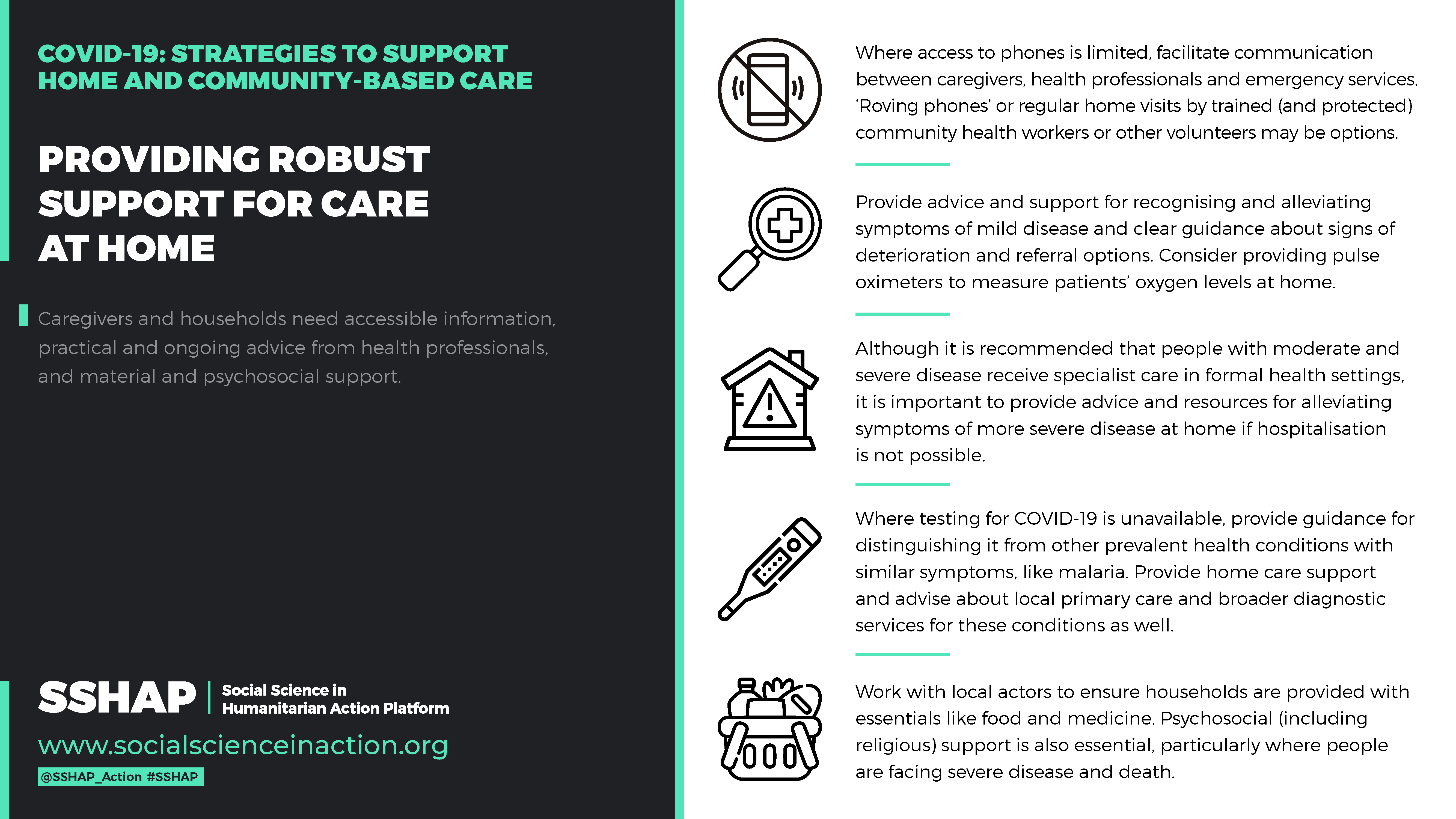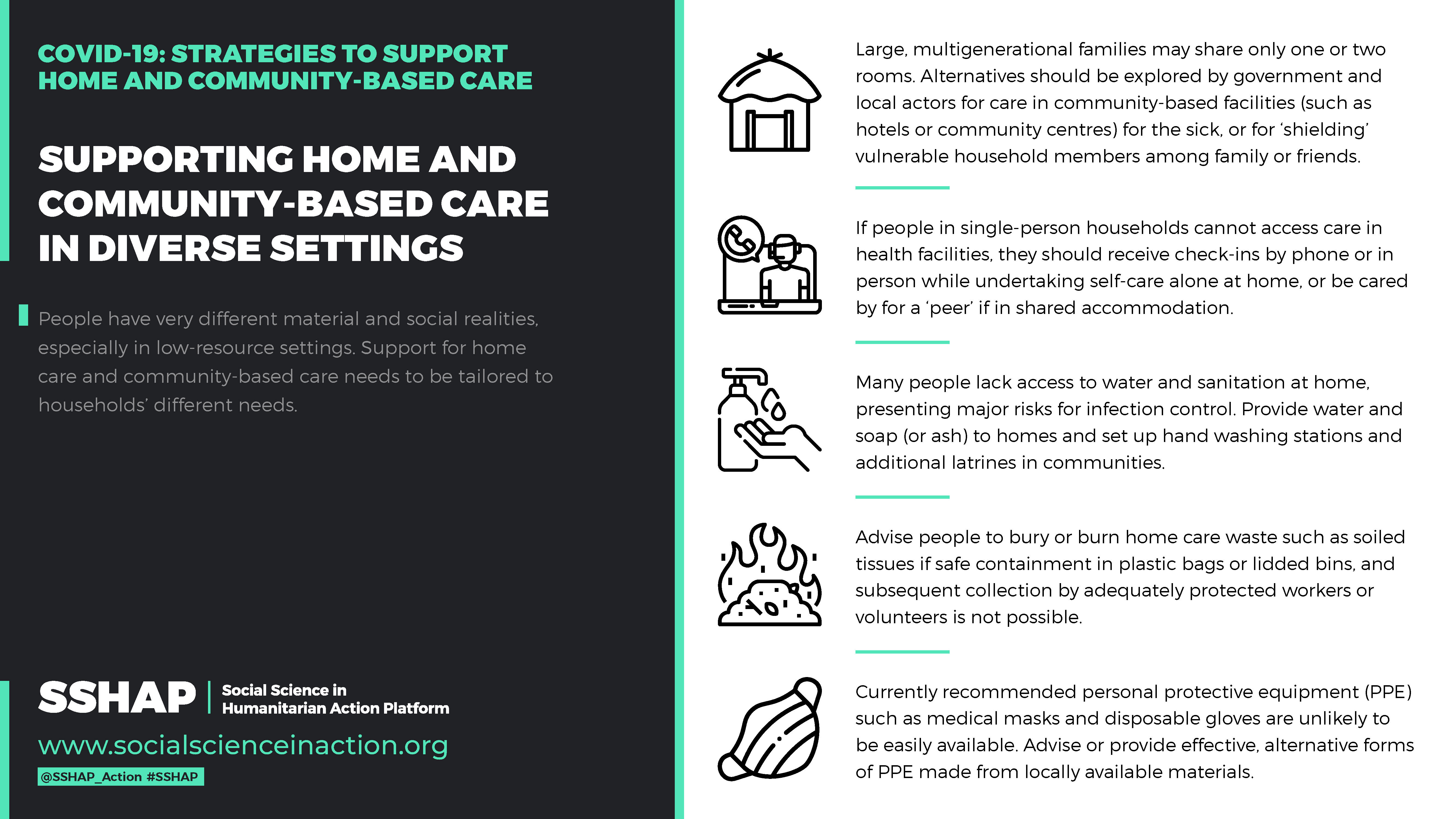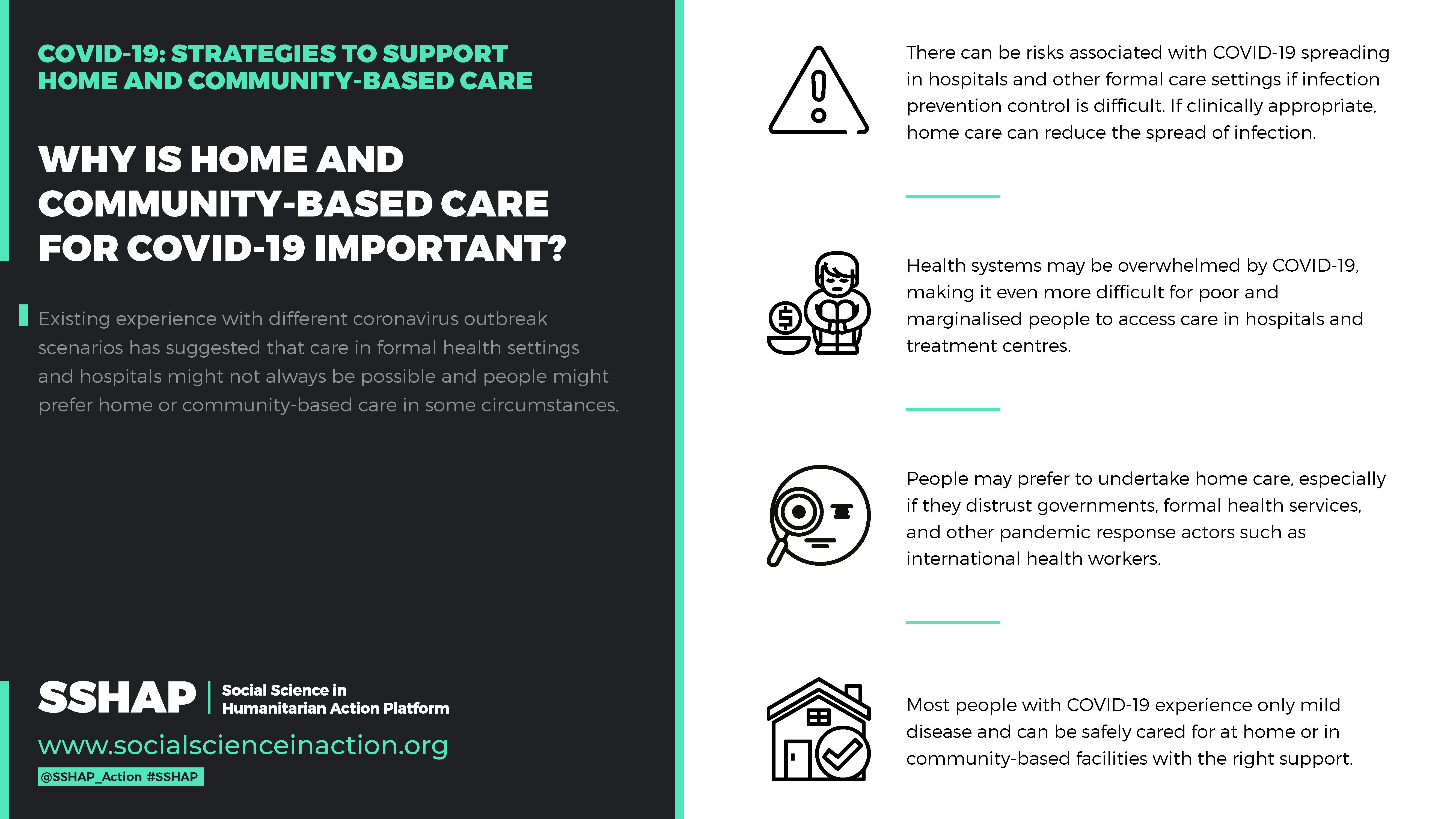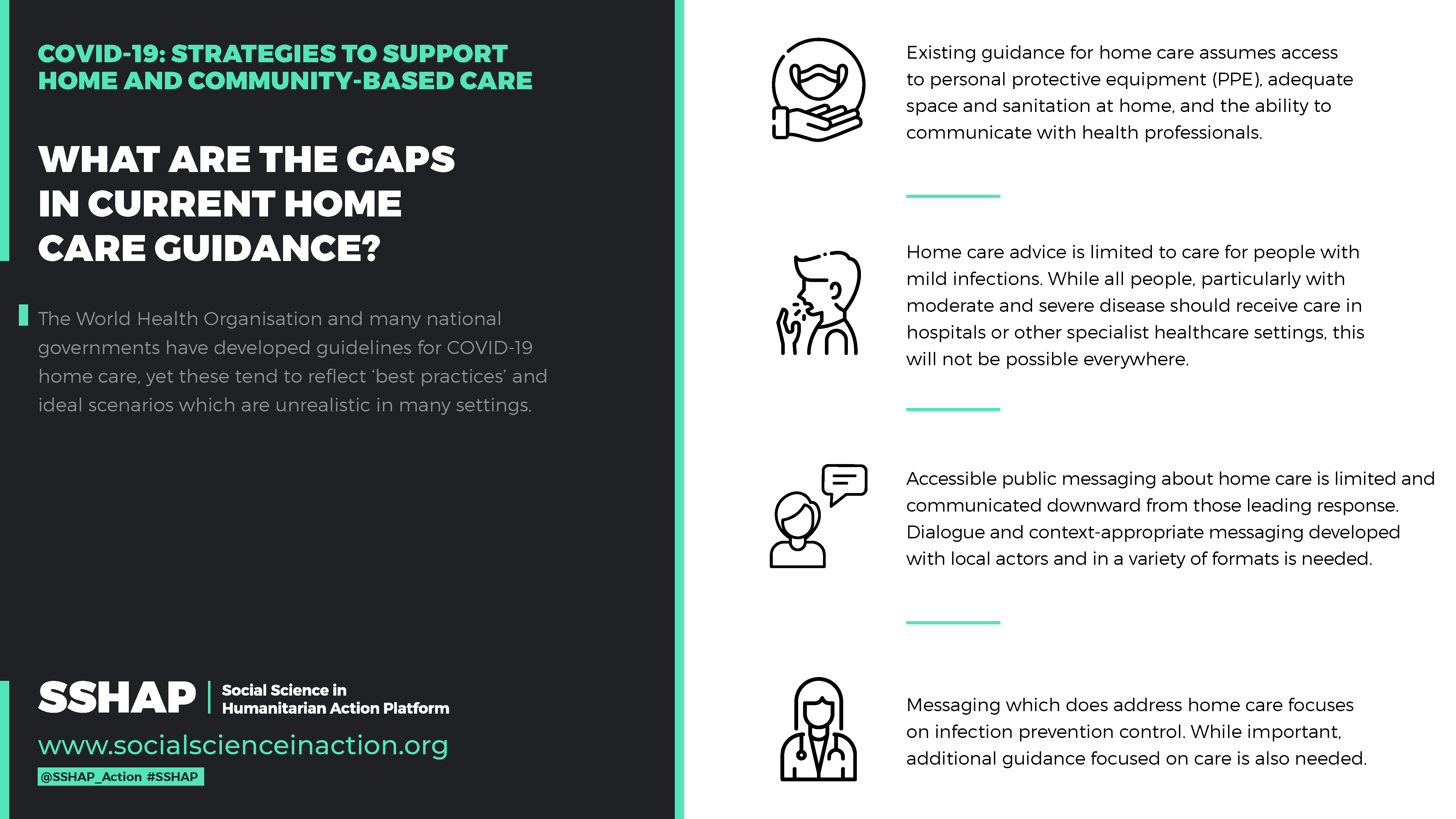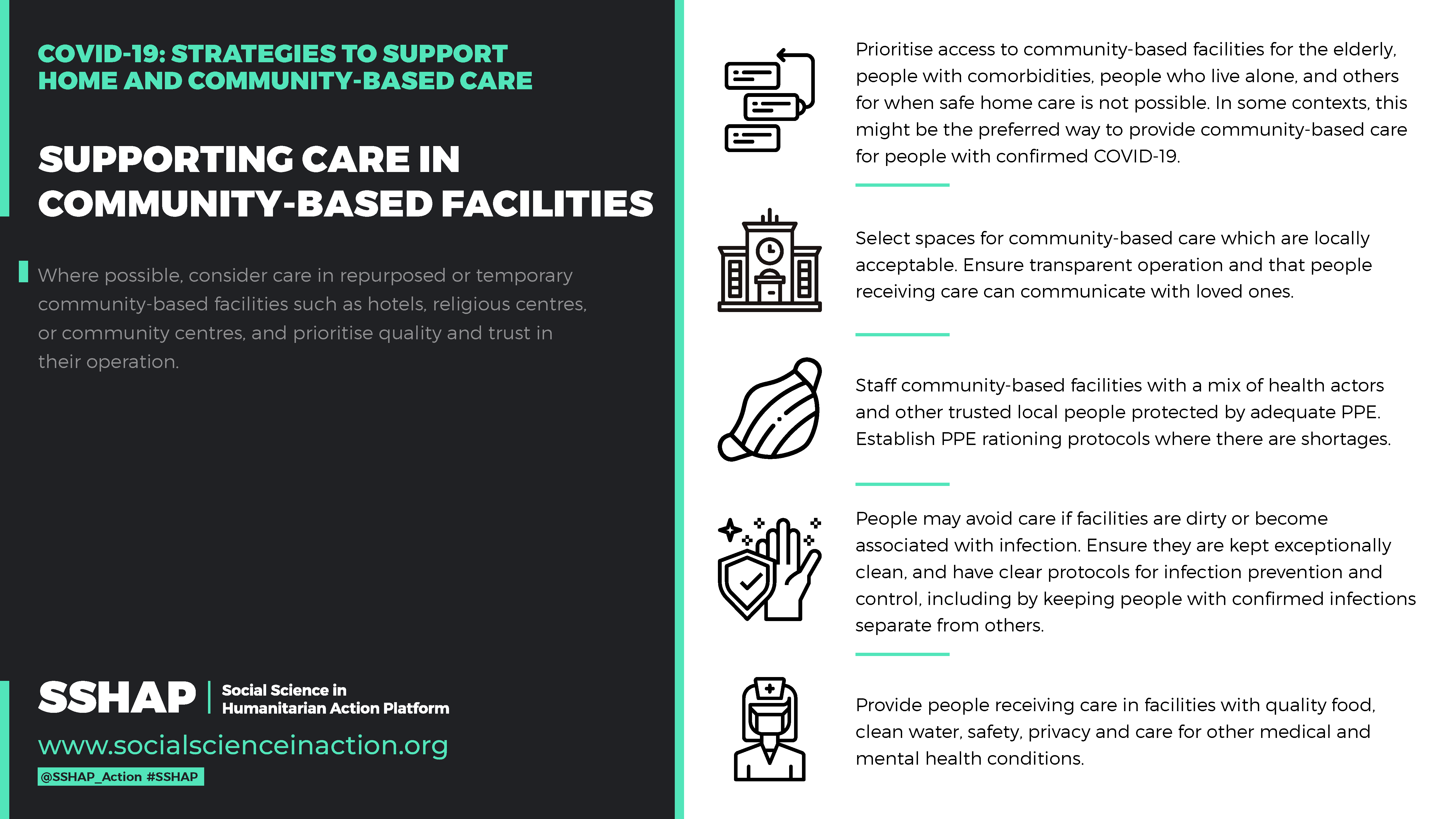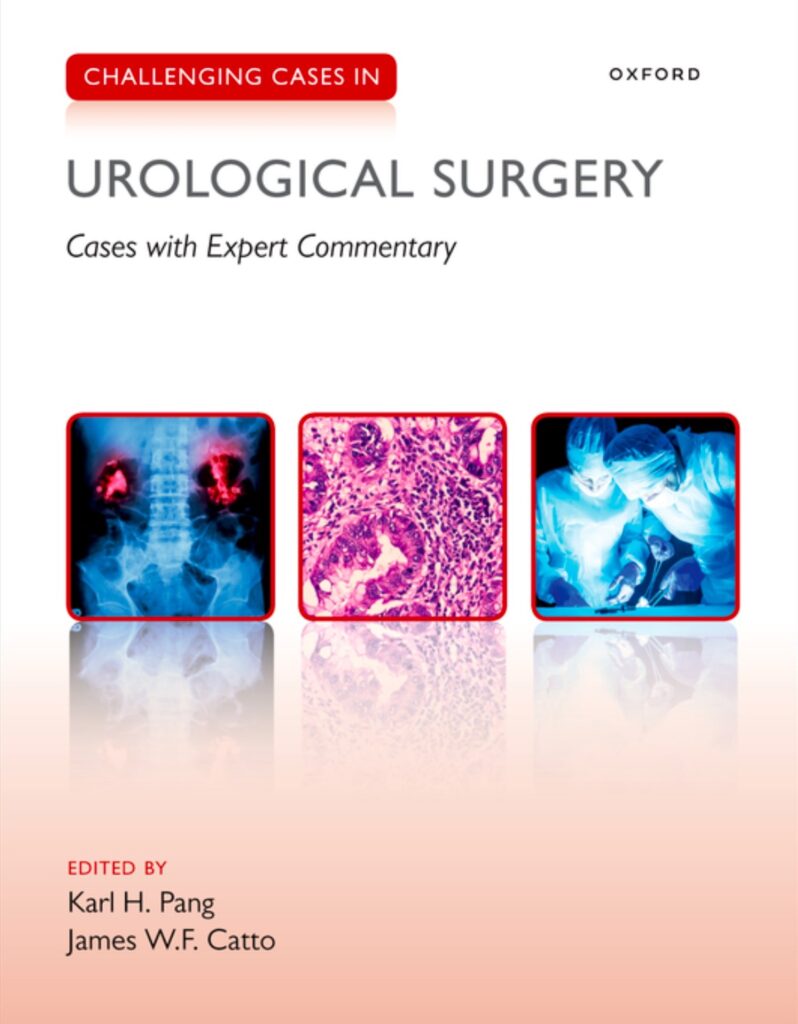Challenging Cases in Urological Surgery (Pang) 1st edition (2023)
We recommend this book From challenges presented in everyday clinical practice to the complex cases without simple answers, Challenging Cases in Urological Surgery is an effective reference and revision aid for trainees and consultants alike. As part of the Challenging Cases series, cases are examined from a multidisciplinary approach considering all aspects of diagnostic, practical and evidence-based skills to provide a comprehensive and detailed demonstration of clinical investigation within real-world scenarios. With contributions from over 40 experienced and renowned consultants from the UK, the opinions within the ‘Expert Commentary’ includes an insight into real world case management and problem solving

